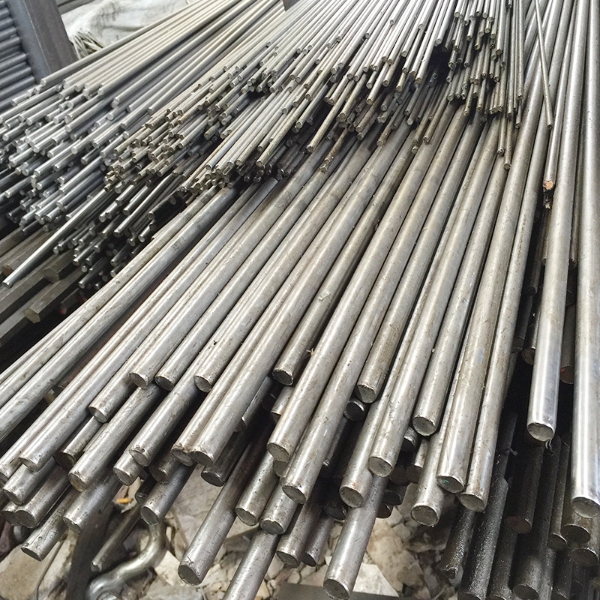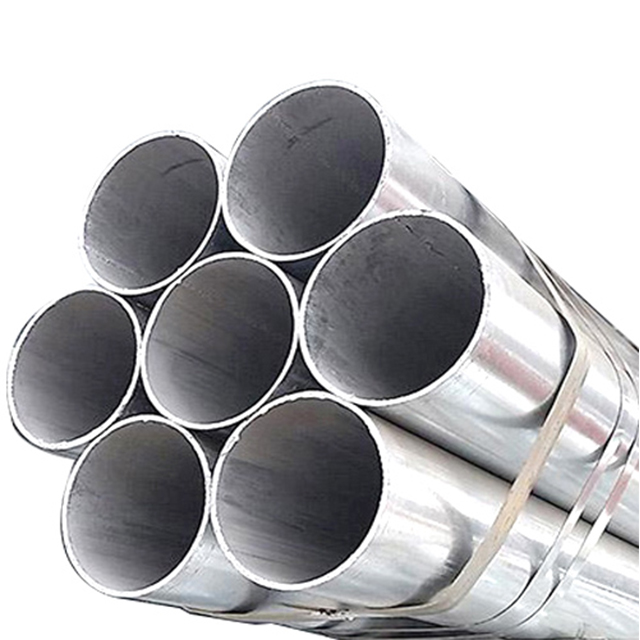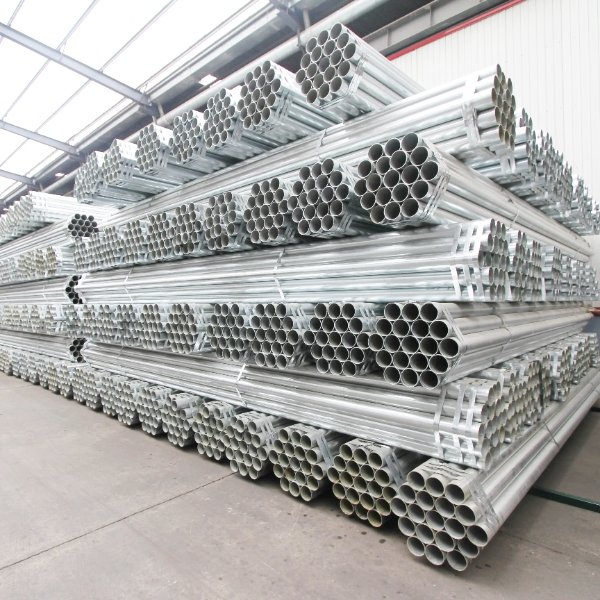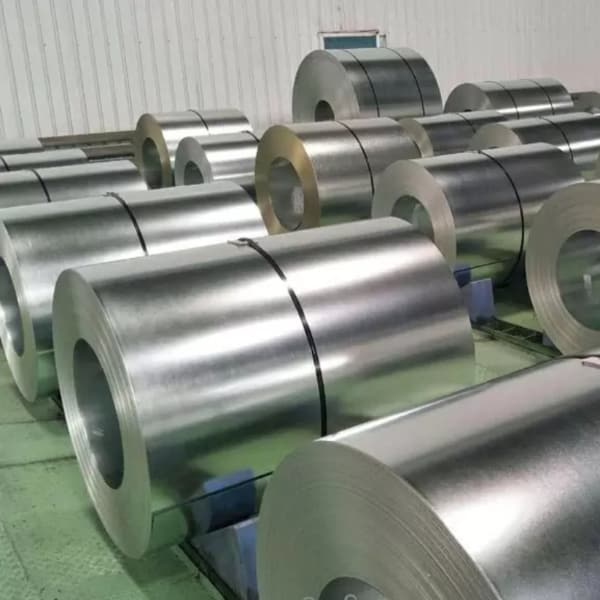Should the expansion pipe be galvanized or stainless steel
introduction
Abstract:
Should the expansion pipe be galvanized or stainless steel? This article aims to provide readers with a comprehensive understanding of the two options and help them make an informed decision. Galvanized and stainless steel expansion pipes are commonly used in various industries, such as plumbing, HVAC systems, and industrial applications. However, choosing between these two materials can be a challenging task. By exploring the advantages, disadvantages, and specific applications of galvanized and stainless steel expansion pipes, readers will gain a deeper understanding of the factors that should be considered when making this decision.
1. Galvanized Expansion Pipes
Galvanized expansion pipes are made of steel pipes coated with a layer of zinc. This coating provides excellent corrosion resistance, making them suitable for applications in environments where they may be exposed to moisture or harsh elements. The zinc layer acts as a sacrificial barrier, protecting the base metal from corrosion. Galvanized expansion pipes are commonly used in plumbing systems, irrigation systems, and outdoor applications.
2. Stainless Steel Expansion Pipes
Stainless steel expansion pipes are made of an alloy that contains a high percentage of chromium. This alloy forms a thin layer of chromium oxide on the surface, which provides exceptional corrosion resistance. Stainless steel expansion pipes are highly durable and resistant to rust, staining, and pitting. They are often used in demanding applications, such as chemical processing plants, food processing facilities, and marine environments.
3. Comparison of Galvanized and Stainless Steel Expansion Pipes
3.1. Corrosion Resistance
Galvanized expansion pipes offer good corrosion resistance, but they are not as durable as stainless steel pipes. Over time, the zinc coating may wear off, exposing the underlying steel to corrosion. On the other hand, stainless steel pipes have superior corrosion resistance, making them suitable for long-term use in corrosive environments.
3.2. Strength and Durability
Galvanized expansion pipes are generally stronger than stainless steel pipes. The zinc coating provides additional protection and increases the overall strength of the pipe. However, stainless steel pipes have excellent tensile strength and are highly durable, making them suitable for high-pressure applications.
3.3. Aesthetics
Galvanized expansion pipes have a characteristic silver-gray appearance due to the zinc coating. This can be aesthetically pleasing in some applications, such as industrial settings or rustic designs. On the other hand, stainless steel pipes have a polished and sleek appearance, which is often preferred in modern and architectural environments.
3.4. Cost
Galvanized expansion pipes are generally more affordable than stainless steel pipes. This cost advantage makes them a popular choice for budget-conscious projects. However, it is important to consider the long-term costs associated with maintenance and potential replacement due to corrosion. Stainless steel pipes, although initially more expensive, can be a cost-effective choice in the long run due to their durability and resistance to corrosion.
Conclusion:
When deciding between galvanized and stainless steel expansion pipes, various factors must be considered, including the application, environment, corrosion resistance, strength, aesthetics, and cost. Galvanized expansion pipes offer good corrosion resistance and are suitable for many applications such as plumbing and irrigation systems. Stainless steel expansion pipes, on the other hand, provide superior corrosion resistance and are ideal for demanding environments such as chemical processing plants and marine applications. By carefully considering these factors, individuals can make an informed decision and choose the most appropriate  material for their specific needs.
material for their specific needs.






Leave a Comment